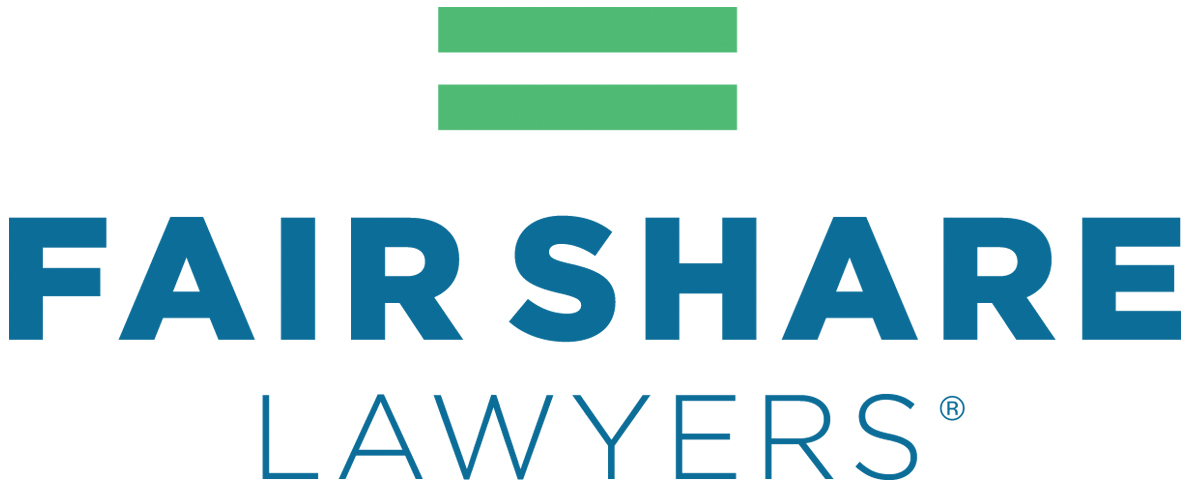Resources – 10 Things to Know as an Executor
Duties and Responsibilities of an Executor
Being entrusted with the administration of a loved one’s last will and testament is a hefty responsibility. As the executor (or representative) of the estate, you have certain responsibilities and obligations, but it can be difficult to know what to do and when to do it.
Our probate and estate lawyers have put together this list of things you should know if you’re the executor of an estate.
10 Things to Know if You’re the Executor of an Estate
- The court has to approve your appointment.
Even though you may be designated as the executor under the terms of a last will and testament, your authority to act in that capacity does not exist until the court approves your appointment. Therefore, you should be careful about attempting to act on behalf of the estate until such approval has been received. - Talk with a lawyer and an accountant.
A lawyer will be able to assist you with properly submitting the will to the court for review and approval. The lawyer can also further instruct you regarding your obligations as an executor. An accountant will be extremely valuable in assisting you with the preparation and filing of all necessary tax returns for the decedent and the estate. - Start collecting information.
The first major project for any executor is the compilation of information about the decedent. This includes researching assets, debts, and taxes. This information will be essential to a speedy and cost-effective administration process. As executor, you should direct all mail to your house or office so you can begin to sort through the mail and assist in determining assets, debts, and tax obligations. - Gather and protect all assets.
As you discover assets that are part of the estate, it is important for you to collect those assets and protect them from loss, theft, damage, or decrease in value. This may mean selling assets, changing locks on real property, or obtaining a secure place for storage. If assets are lost, stolen, damaged, or destroyed under your watch, the court could hold you accountable. - Keep detailed records.
Everything you do on behalf of the estate needs to be tracked. All assets that come into your hands, all income received, and all debts paid need to be tracked. The interested parties in the estate (and ultimately the court) have a right to inquire as to these matters to ensure that everything has been done appropriately. - You are a fiduciary.
It is important to remember that you are acting in a position of trust on behalf of the estate and all interested parties. The interested parties include the court, beneficiaries of the estate, creditors of the estate, and the government (taxes). If you are also a beneficiary of the estate, then you have to recognize that you may have competing interests at times. As a beneficiary, you may want to maximize the amount you personally receive from the estate. However, you can’t do anything that would benefit yourself to the detriment of the other interested parties. - Maintain separation of personal and estate assets.
Since you are acting as a fiduciary, it is important that there is no appearance of wrongdoing. It is necessary to ensure that all estate assets can be accounted for, separate and apart from all your other assets. This often means the establishment of an estate bank account to deposit all estate funds into during administration. - Don’t distribute money too early.
Since the court, creditors, and the government are all interested parties in the estate, it is necessary to ensure that their concerns are resolved before distributing money to any beneficiaries, including yourself. There are extreme circumstances that sometimes require that distributions be made before the payment of debts, taxes, and costs of administration, but those situations are very few and far between. Even in such instances, you should obtain court approval for an early distribution to ensure the distribution does not expose you to personal liability. - Real estate is generally not part of the estate.
In the vast majority of cases, real estate is not part of the assets that make up the estate. Therefore, your authority as executor does not extend to real estate, except under very limited circumstances. You should consult with your attorney to determine what those may be. You generally can’t pay a monthly mortgage note or taxes, hire a realtor to list a property, or engage in a closing under your authority as executor. - Communicate regularly.
One of the main reasons litigation ensues in estates is because there is a feeling that the executor is not communicating with the other interested parties. Lack of communication usually leads to suspicion and resentment. Regular updates, even to say that there has been no change since the last update, give people assurances that their position as an interested party is still being respected by the executor. Breakdowns in communication lead to litigation.
